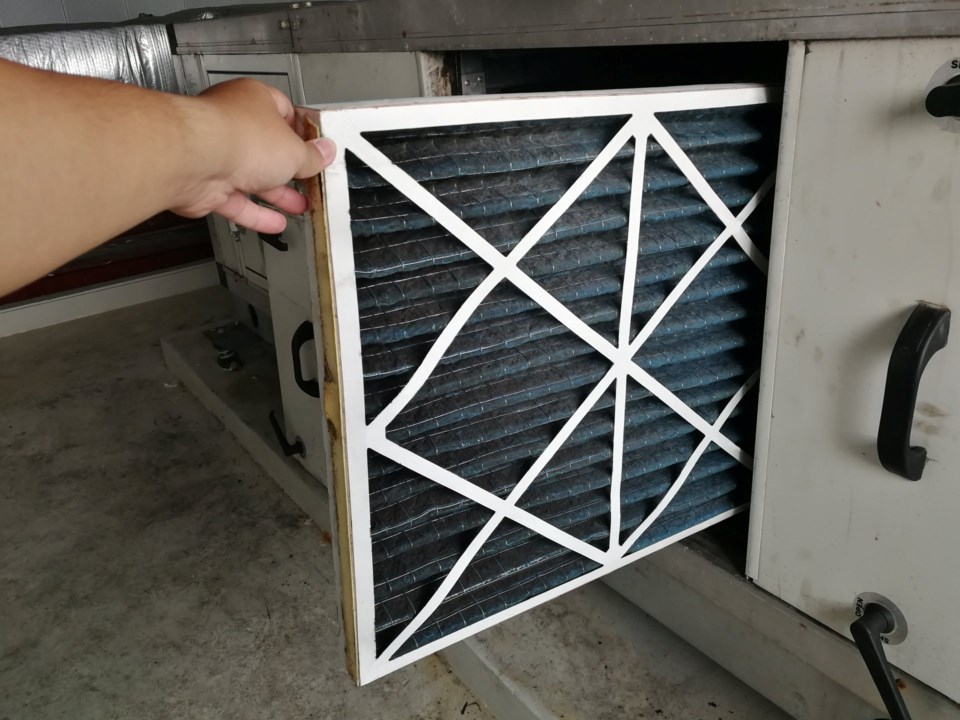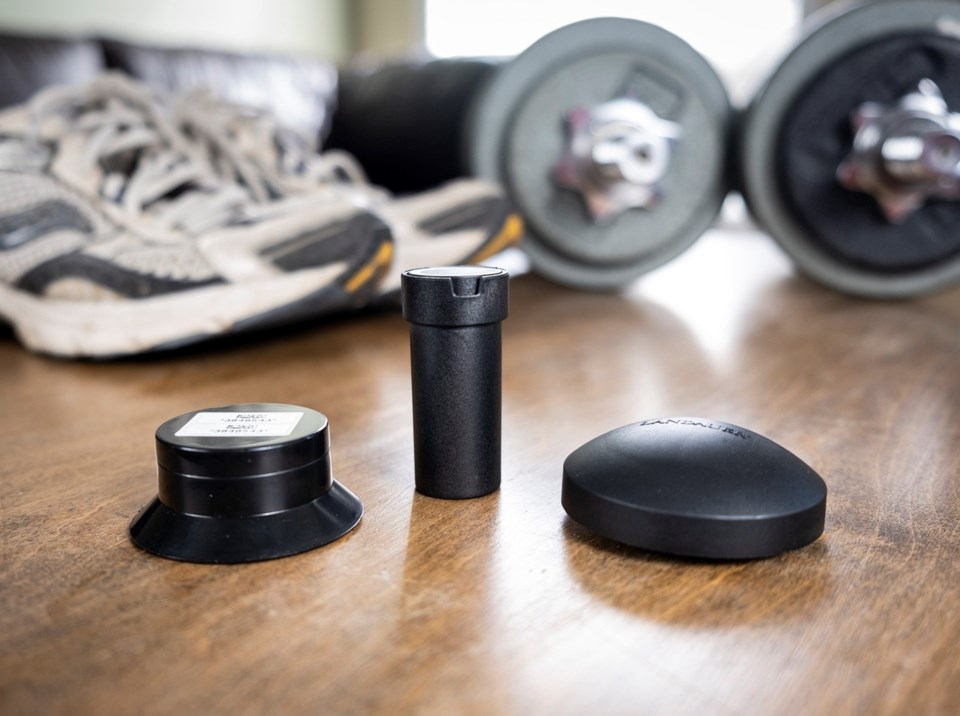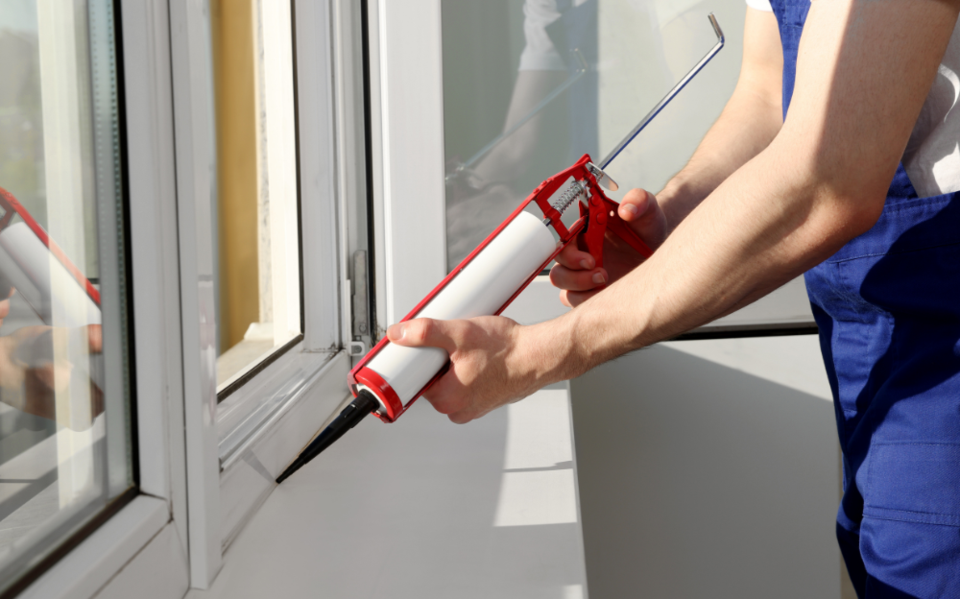With winter on the horizon, the allure of cozy indoor living beckons, and many DIY enthusiasts find themselves searching for meaningful projects to undertake within the confines of their homes.
If you're among those eager do-it-yourselfers, you're in luck! This season, you can embark on a range of easy, low-cost home maintenance tasks that not only promise to keep you engaged but will also contribute to enhancing your living space.
We've put together a list of tasks designed to boost your home's energy efficiency, ensuring your warmth and comfort throughout the colder months. What's more, some of these endeavours might even have a life-saving impact.
From checking for pesky drafts around windows to maintaining your HVAC system and considering the installation of a smart thermostat, we'll guide you through these winter-ready projects. Plus, we'll touch on the critical subject of radon testing, demonstrating how simple precautions can lead to a safer and more energy-efficient home.
So, roll up your sleeves and get ready to make the most of your winter, all while enhancing the place you call home.

Install a smart thermostat
If you don’t already have one, it’s worthwhile to install a “smart” or programmable thermostat. These enable you to turn down the heat during the day when everyone’s out and then automatically bring it back to your desired setting by the time you get home. Overnight, you can set it to lower the temperature, which both saves money and helps everyone get a better night’s sleep. Most thermostats use low-voltage wiring, but you should still turn off the breaker or remove the fuse that’s powering it before you start the installation.
Check for drafts
Are there cold or drafty spots in your house? On a windy day, light an incense stick and go around the house holding it close to window and door frames and along the baseboards. Take note of anywhere you notice the smoke flutter and come back later to seal those gaps with caulking.

Give your HVAC system some TLC
Having your furnace conk out in the depths of winter is never good. Your furnace should be inspected annually by a professional to ensure it is operating at peak efficiency. As a homeowner, your main furnace-related task is to monitor and replace the filter before it gets clogged. You should also go through the house and make sure furniture and curtains aren’t blocking the airflow from your vents or radiators.

Test for radon
Radon is an invisible, radioactive gas that naturally seeps from the ground into your home. Long-term exposure to high levels of radon is the leading cause of lung cancer for non-smokers. The only way to know if it’s accumulating to a dangerous level in your home is to do a radon test. You simply purchase a test kit or hire a service provider and do the test in the lowest regularly used room in the home – say, a family room or basement bedroom – for at least 90 days. Then send it to a lab to find out your home’s radon level. If the result is high, it can be easily lowered. Contact a radon mitigation professional about what you can do to reduce your exposure.
Learn more about radon and how to protect your family from it at canada.ca/radon.





